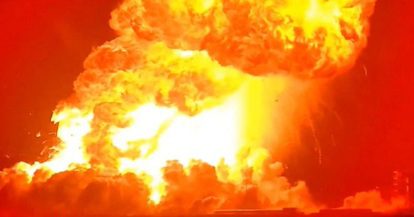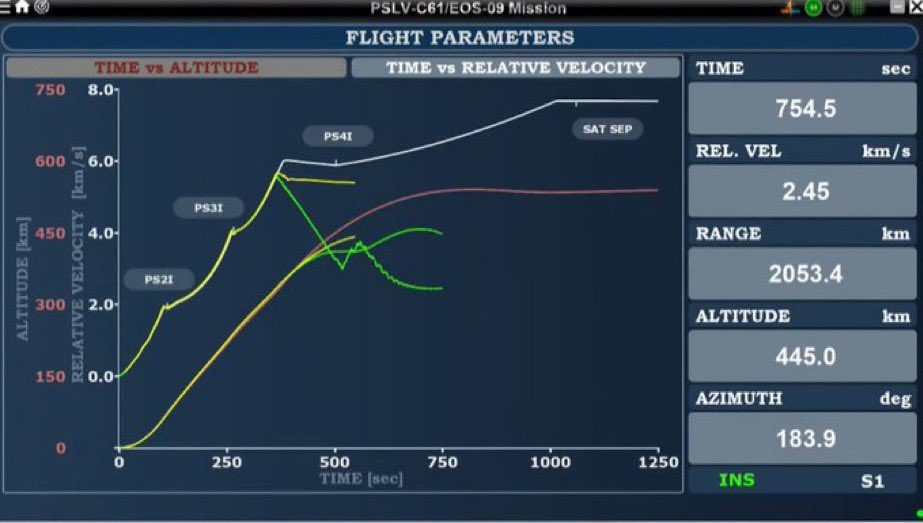The newest ISS module, known as Nauka, was launched from Baikonur Cosmodrome, Kazakhstan, by a Proton M at 1458 GMT on 21 July. The Proton rocket flying for the first time in almost a year utilised a 3-stage configuration as opposed to the more familiar 4-stage variant. The module was inserted into a “perfect orbit” by the rocket and will now chase the ISS under its own power for eight days, ahead of its planned docking on 29 July.
Nauka – also known as the Multifunctional Laboratory Module (MLM-U) – was built as a copy of the initial ISS building block, Zarya, in 1995. It was later decided in 2004 to make us of this asset to expand the Russian segment and modify it into a proper scientific, flight module. Having an initial launch date on 2007 it suffered numerous delays until 2013 when a serious issue – foreign particles in the fuel system – was detected. This mandated a serious repair and replacement project causing its delay into the 2020s. This later work and upgrades of the scientific equipment are the source of the “U” suffix, which is used to identify improved items in Russian.
Following this successful launch the next stage of the mission can commence. Namely the clearing of its intended docking location currently occupied by the Pirs module launched in 2001. The most recent Progress resupply mission, MS-16, docked with Pirs on 17 February and this will be used to de-orbit it. As it stands, this procedure is planned for 23 July and will see Pirs uncoupled from the ISS and dragged towards re-entry by the freighter. Like its ancestor, the Mir space station, the module’s re-entry will be targeted at the sparsely inhabited South Pacific. Upon completion Pirs will have the dubious honour of being the first ISS module to meet this fate.
Update on 22 July: Following its launch it has been reported that Nauka has been suffering from issues affecting its propulsion system. This lead to a cancellation of its first planned orbit-correction manoeuvre. Other systems have indicated normal function and the Kurs antenna was successfully opened. Although Russian sources claim that the issues are minor and repairable NASA has delayed the planned Pirs undocking from 23rd to the 24th.
Update on 29 July: As of 29 July the Russian operators had solved some of the issues that emerged with Nauka however, some were simply managed and not remedied. A significant problem which has come to light is with the propulsion system. Specifics are not publicly known but it has been revealed that, firstly the module has had to conduct the majority of its orbit raising with its smaller manoeuvring thrusters due to the unavailability of its larger engines and secondly that portion of its on-board fuel supply has been rendered unusable through its mixing with what is presumed to be gas used for pressurization.
This had lead to concerns that Nauka may not have enough remaining fuel for repeat docking attempts if its first try, planned for 1324 GMT 29 July does not work.







